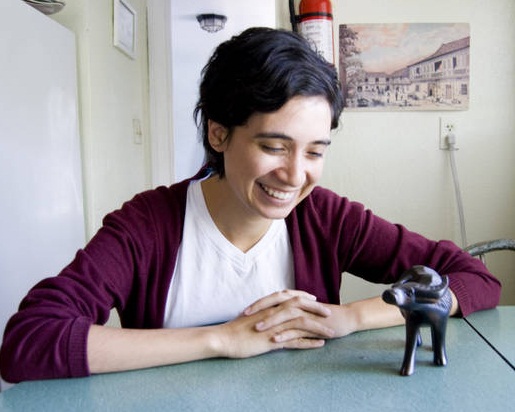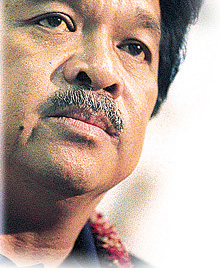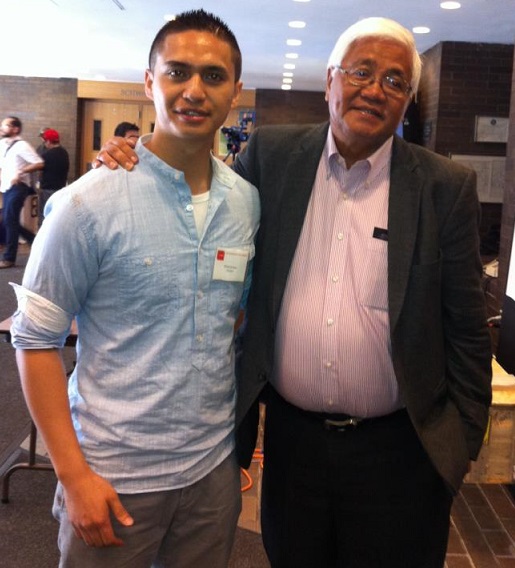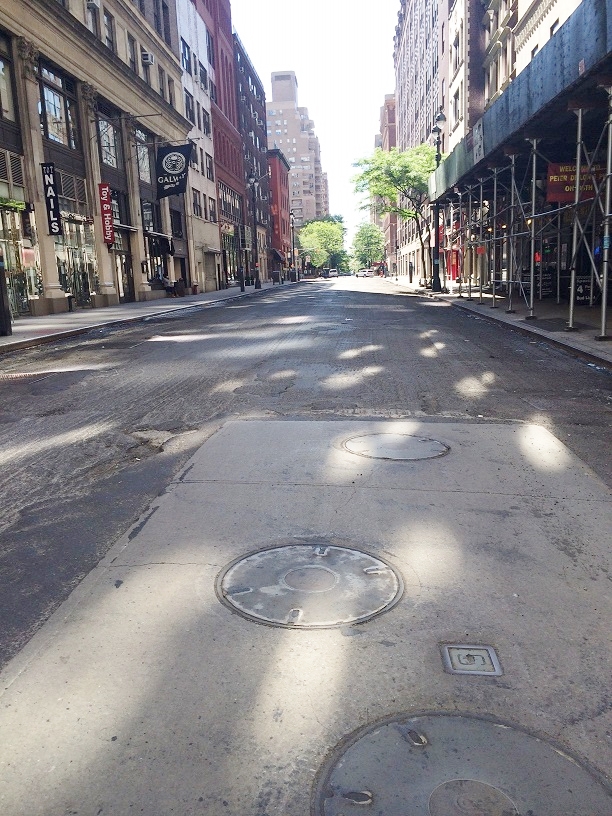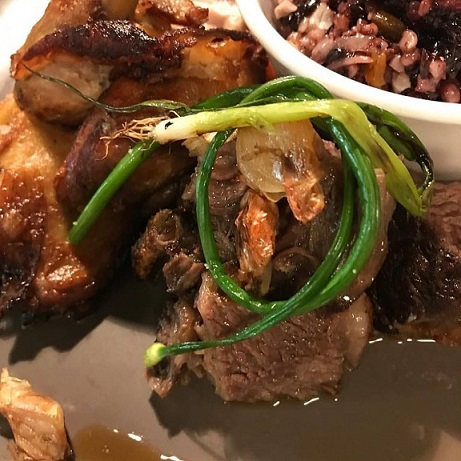An ugly brawl over a bar’s name
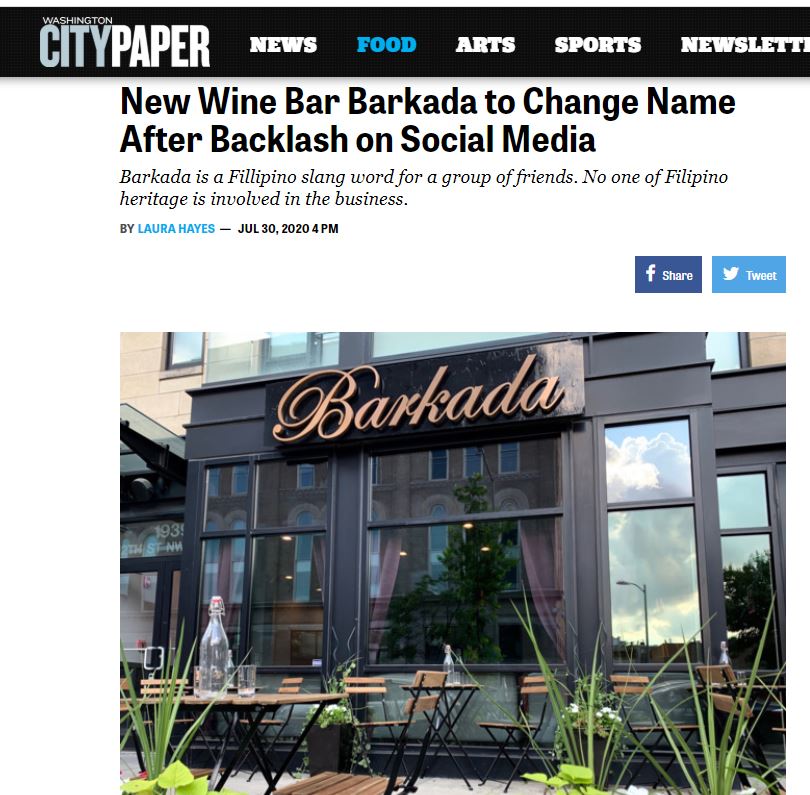
By Cristina DC Pastor
It’s been called an “uprising,” this outcry involving a Washington D.C. wine bar and its name.
It began when a local paper announced the opening of Barkada Wine Bar on July 29, pointing out that while it chose to name it after the Filipino word “barkada” — meaning the closeness of bosom friends — none of the owners is Filipino and there is nothing Filipino in its menu.
The four owners — Sebastian Zutant, Nick Guglietta, Anthony Aligo, and Nate Fisher — said they chose the name because it appeared to be the closest to their concept of “a gathering place for friends in the neighborhood, and to become friends with those neighbors,” which was an aura it was hoping to create. “Barkada is a beautiful word with a deep meaning of comradeship. We want to honor that.”
And with that newspaper article followed a furious debate that exposes the deep fault lines in our community. It brought out an almost visceral contempt from Filipinos across generations, Filipinos who immigrated to America versus those who were born in the U.S., opinionated Filipinos versus Filipinos tired of any kind of debate whatsoever. There have been grating put-downs coming from some millennials who seem dismissive of the “old folks” for being out of touch with evolving social issues, and some Boomers who scoff at FilAms who can’t even speak Tagalog fluently.
The woman who called attention to the naming rumpus was Jessica Millete, a graphic designer for NPR and a photographer. She wrote in a blistering Facebook post: “What makes you think it’s okay to take a word from another culture when you pay no respect or homage to the culture itself?”
People on her side of the aisle quickly pounced that “barkada” is a word sacred to Filipinos and should not be used haphazardly by business owners and derive profit from it. It was pointed out that the wine bar sold no Filipino food on its menu and that the only attraction to the word is the first syllable “bar” in “barkada.” In short, the word was chosen for the flimsiest of reasons.
Two days later, the owners issued a statement they were dropping the name. They also apologized saying “it was never our intention to appropriate or capitalize on the Filipino culture.”
The Filipino Americans who supported the owners took pride in the idea that a Filipino word is being used to symbolize friendship and all the good feelings it engenders. At a time when the world has globalized, they believe language should be an embracing vehicle and should not be used to further create walls and barriers. To them it was “flattering,” “a source of pride,” and an “identity boost” that there is a wine bar in the Nation’s Capital named after a Filipino word.
Accusations of cultural appropriation were thrown at the four owners suggesting a manner of exploitation and dishonesty. It did not seem that way to us. The fashion industry is often guilty of this when established fashion houses “steal” designs from indigenous tribes and make them their own. There are others like Rachel Dolezal, the white American woman who to this day insists on her Black identity.
The seismic differences among Filipino Americans run deep over the Barkada issue. It has exposed the chasm-like gaps on values and perceptions about Filipino identity in an America gripped in turmoil over issues of social justice, race, gender, culture, and economic inequality. What is happening based on many of the opinions I’ve read is how members of our community are talking past one another — and not at each other. Instead of having an open-minded discussion that is reflective and respectful, a pissing match has erupted, marked by intolerance and an overweening desire to prove that their views, and their views alone, are the correct way to make sense of the issue.
To suggest that the
“four white owners” include Filipino food in their menu is missing the point (because
serving Filipino food is not their business model), just as the question posed
why other Filipino restaurants are not getting the same coverage as Barkada (because
the oddity factor in this story is news).
Like the country we inhabit and call home, some in our community have seemingly
lost the civility and humility with which we should be communicating with one
another. All the more reason we should be mindful of being respectful
especially of opinions we believe are contrary to ours.
We need to start listening.

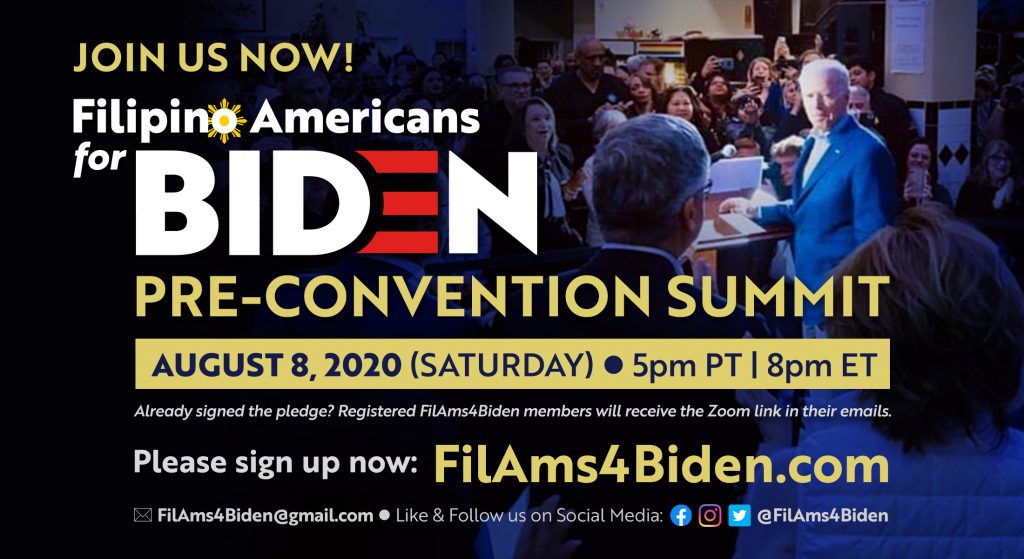
© The FilAm 2020



